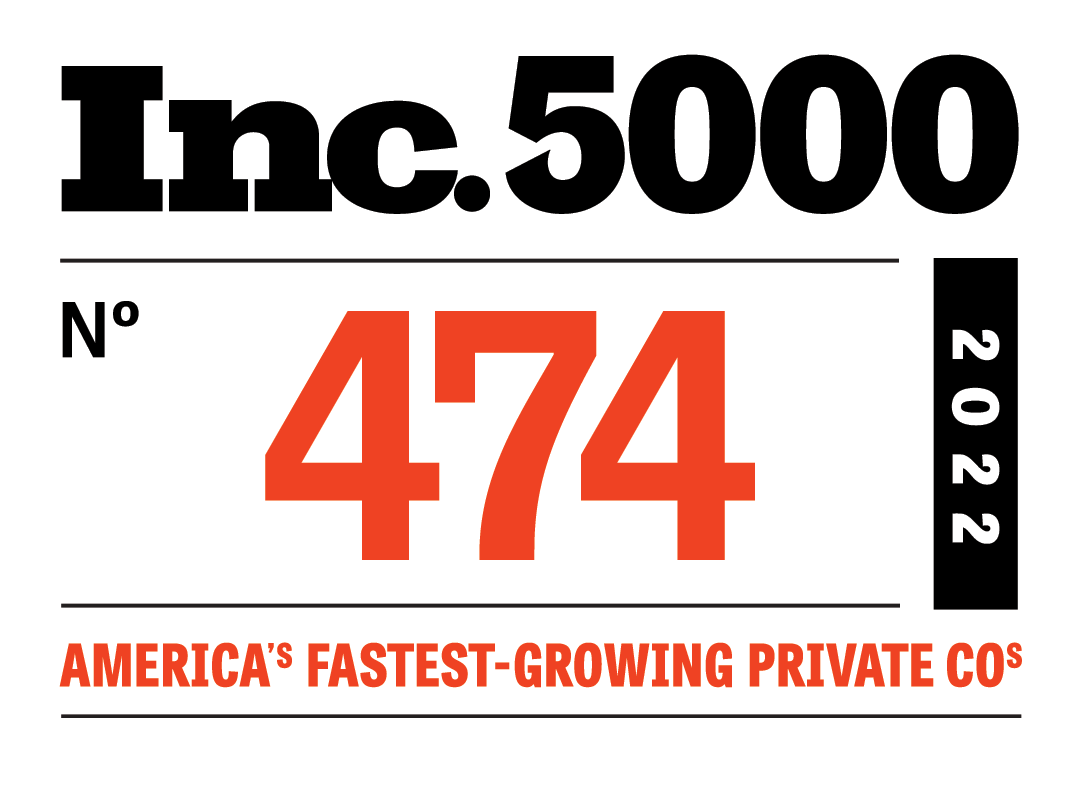 Cellphones are everywhere. There are literally billions of them in service and many people have and regularly use more than one. They also represent a significant investment, and the hope is that when you buy one, it will provide you with at least a few years of reliable service and retain a fair amount of its value. You get it hoping that when the time comes to trade it in on a newer model, you get a significant amount of money for it.
Cellphones are everywhere. There are literally billions of them in service and many people have and regularly use more than one. They also represent a significant investment, and the hope is that when you buy one, it will provide you with at least a few years of reliable service and retain a fair amount of its value. You get it hoping that when the time comes to trade it in on a newer model, you get a significant amount of money for it.
Unfortunately, cellphones tend to lose value at wildly differing rates. This is an entirely intuitive conclusion, but until recently, it was something that hasn't been closely tracked. Until now. BankMyCell is a website that tracks the trade-in values of a staggering array of smartphone makes and models, and the details in their data may surprise you.
For instance, the company discovered that Android phones tend to lose their value at roughly twice the rate of iPhones in the first year, with the trade in price of Android devices giving up more than a third of their value (-33.62 percent) compared to the iPhone, which loses only 16.7 percent of its value on year one.
Things don't get any better on year two. By that point, an Android-based phone will have lost 61.5 percent of its value, compared to -35.7 percent for iPhones.
BankMyCell's data gets quite granular, and they have statistics for some of the most popular models available. For instance, after nine months of ownership, the company finds that the Galaxy S20 loses 34.78 percent of its value compared to the iPhone 11, which only loses 12.84 percent, while the Galaxy S20+ loses 30.59 percent of its value, versus the iPhone 11 Pro's loss of 21.31 percent of its value. Finally, the Galaxy S20 Ultra loses 36.3 percent of its value after nine months, compared with the iPhone 11 Pro Max, which ony loses 15.96 percent of its value.
All that to say, if you're looking for a phone that will offer the highest possible trade in value when you upgrade, then Apple's products are hands-down the way to go.




